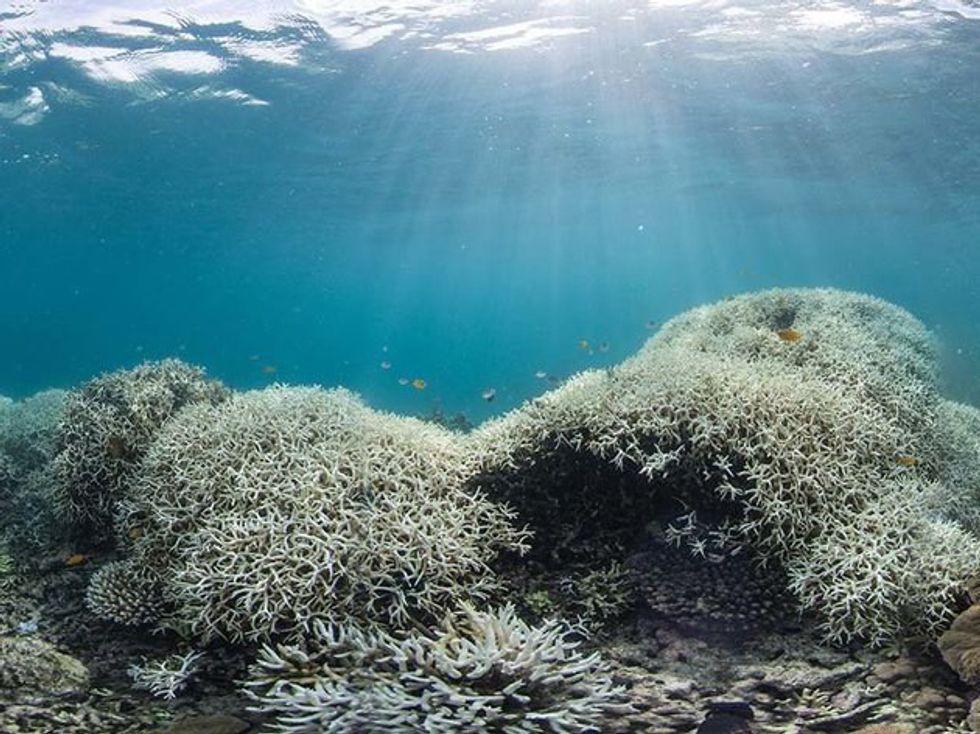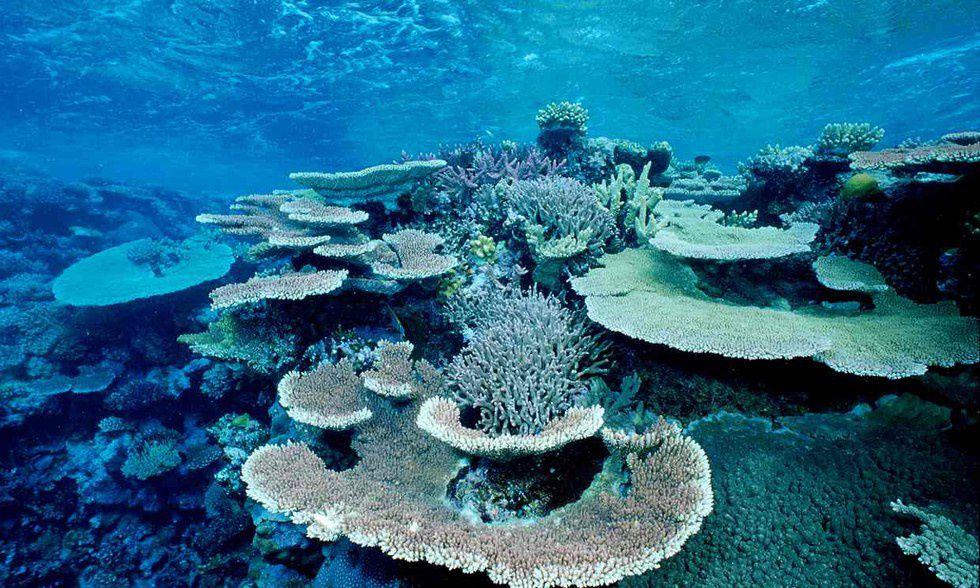It truly speaks to how fast we move ourselves and ideas when an article about how quickly we have destroyed an ecosystem goes viral in less than three days with over 1.3 million shares. Immediately people around the world (myself included) shared this article and unknowingly contributed to one of the biggest traps we fall into, especially on social media. Dr. Greta Aeby, a coral researcher in Hawaii, has commented that this message is one we need to bring about environmental awareness, but with additional notes—particularly about how it is possibly not too late.
Writers like Chris D'Angelo for the Huffington Post are refuting this pessimism by telling the world that the Reef is still alive, but taking a hit. Dr. Russell Brainard said to D'Angelo, “we’re very far from an obituary,” and scientific statistics still show that over 5% of the reef is still alive and well. While this may not seem like much, it is a considerable amount to start with if a recovery project is going to begin soon. Dr. Brainard, who is also the chief of the Coral Reef Ecosystem Program at NOAA’s Pacific Islands Fisheries Science Center, said to D'Angelo that “[t]hese natural systems do have some ability to be resilient and bounce back.” As we have done with recovering manatees from being off the endangered species list, we can bring the Great Barrier Reef back.
So, what do we do to reconstruct an entire ecosystem? D'Angelo claimed back in August that the recovery for the Great Barrier Reef would cost around $6.3 billion to reduce sediment flow into the ocean; this is roughly ten times what the state governments of the areas currently spend on this issue. But without the additional spending, will the reef still be able to recover? This answer is likely 'no,' but with the reef contributing "…an estimated $4.59 billion annually to the economy and support for around 70,000 jobs," every human being has both a moral and economic duty to make sure we don't lose this miracle of beauty as well as economy. As D'Angelo starts his most recent article, "[i]f a person is diagnosed with a life-threatening illness, their loved ones don’t rush to write an obituary and plan a funeral;" with that being said, we can not give up on our mother nature. Get involved with groups that try to restore ecosystems and endangered species!








 StableDiffusion
StableDiffusion StableDiffusion
StableDiffusion StableDiffusion
StableDiffusion Photo by
Photo by  Photo by
Photo by  Photo by
Photo by 
 Photo by
Photo by  Photo by
Photo by  Photo by
Photo by  Photo by
Photo by  Photo by
Photo by 









